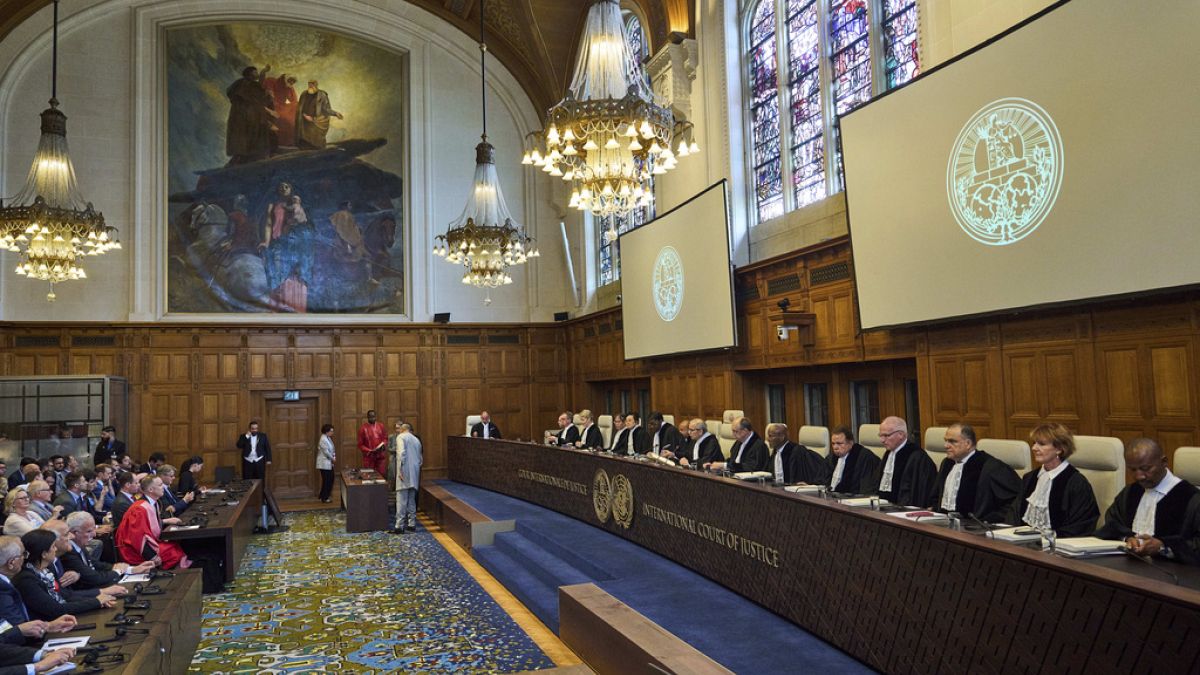The International Court of Justice (ICJ) has issued a groundbreaking condemnation of Israel’s rule over the lands it captured 57 years ago, declaring it unlawful and calling for an immediate cessation of settlement construction. The ICJ cited various violations, including the expansion of Israeli settlements in the West Bank and east Jerusalem, exploitation of natural resources, annexation, and discriminatory policies against Palestinians. Israel, which did not send a legal team to the hearings, argued that the questions posed to the court were biased and did not consider its security concerns.
In response to the ruling, Israeli Prime Minister Benjamin Netanyahu reiterated that the West Bank and east Jerusalem are part of the Jewish people’s historical homeland and dismissed the court’s decision as a distortion of historical truth. He argued that the legality of Israeli settlements in these territories is indisputable. While the court’s opinion is unlikely to change Israel’s policy, it could influence international opinion, given its comprehensive nature and assertion that Israel cannot claim sovereignty in the occupied territories.
The ICJ’s opinion comes at a time when Israel is conducting a military campaign in Gaza and facing accusations of genocide from South Africa, charges that it vehemently denies. Since capturing the West Bank, east Jerusalem, and Gaza Strip in the 1967 Mideast war, Israel has faced criticism for its policies in these areas. The Palestinians seek to establish an independent state in these territories, while Israel views the West Bank as disputed territory whose future should be determined through negotiations.
During hearings in February, the Palestinians accused Israel of apartheid and called for the immediate and unconditional end of the occupation for a two-state solution to remain viable. The court’s decision could isolate Israel further internationally and weaken the justification for its occupation. It may also encourage more countries to recognize the state of Palestine and bolster advocates for boycotts, divestment, and sanctions against Israel.
Israel has faced previous rulings from the ICJ regarding its policies, such as the condemnation of the West Bank separation barrier as contrary to international law. The barrier is viewed by Palestinians as a land grab and by Israel as a security measure. In the past five years, Israel has built over 100 settlements in the West Bank, with the settler population growing by more than 15%. The illegal settlements are seen as obstacles to peace and discriminatory against Palestinians.
The decision by the ICJ could have significant implications for Israel’s policies in the occupied territories and the broader Middle East peace process. It could impact the international perception of Israel and strengthen calls for accountability under international law. The ruling highlights the ongoing challenges and complexities of the Israeli-Palestinian conflict and the need for a just and lasting solution for both parties.











